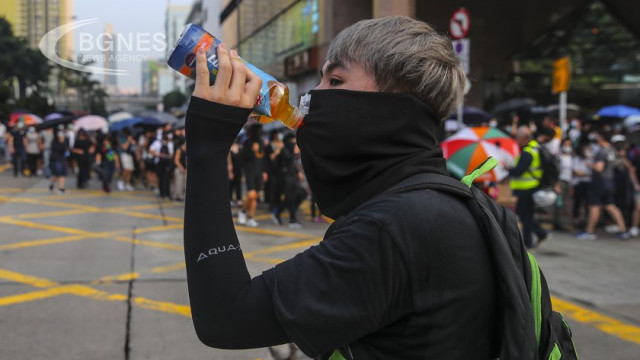Research shows that energy drinks are linked to insomnia and sleep disorders in young people. Experts have found that young people between the ages of 18 and 35 who consume these drinks daily have approximately 30 minutes less sleep compared to those who consume them occasionally or abstain completely.
For men, having two or three drinks a week meant they were 35% more likely to go to bed after midnight, 52% more likely to sleep less than six hours, and 52% more likely to wake up during the night 60% greater than in those who do not drink them or drink them rarely.
Women are 20% more likely to go to bed after midnight, 58% more likely to sleep less than six hours, and 24% more likely to wake up during the night.
Energy drinks often contain high levels of caffeine and sugar and are marketed as an energy booster. However, their links to anxiety, stress, and suicidal thoughts have prompted calls to ban the sale of energy drinks to teenagers and children. The latest study, published in BMJ Open and based on a survey of 53,266 Norwegian students, found that energy drinks are popular among young people.
Students who participated in the study were asked how often they drank energy drinks, and the responses were: daily, weekly, once a week, two to three times a week, four to six times a week, one to three times a month, and rarely/never.
They were also asked detailed questions about their sleep patterns, such as when they go to bed and get up, how long it takes them to fall asleep, and whether they wake up during the night.
Insomnia is defined as problems falling asleep and staying asleep, as well as early awakening on at least three nights a week, plus early morning sleepiness and fatigue on at least three days of the week, for at least three months./BGNES







